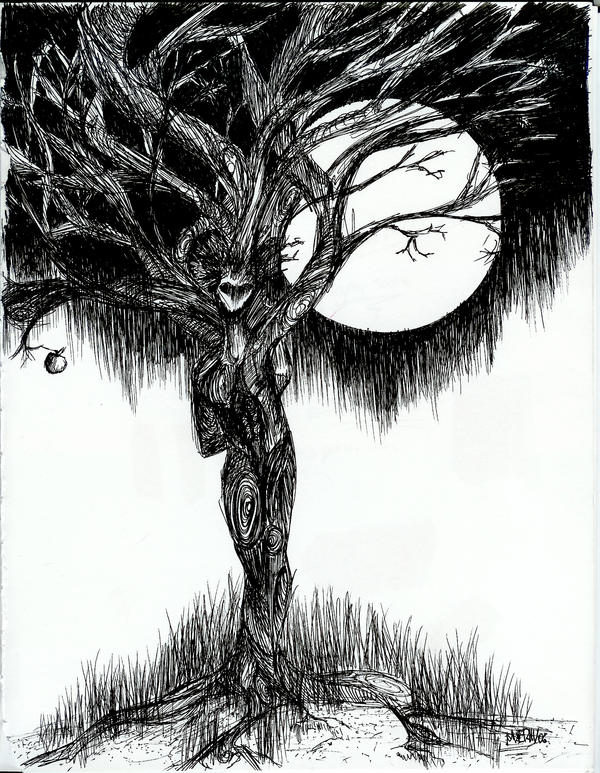Aleksandr
Solzhenitsyn won the Nobel Prize for literature in 1970 (One Day in the Life of Ivan Denisovich and The Gulag Archipelago). A former Red Army
captain, he was sentenced to eight years in a labor camp in 1945 for making derogatory comments about Joseph Stalin in a private letter to a friend. After being interrogated and tortured at Lubyanka prison in Moscow, he was sent to a Gulag in Kazakhstan to work and suffer.
After the
death of Stalin in 1953, Nikita Khrushchev assumed power. He ordered the release and exoneration of Solzhenitsyn in 1953,
whereupon Solzhenitsyn secretly began documenting the horrors of the Stalinist regime and Gulag system. After the publication of One
Day in the Life of Ivan Denisovich in 1962, Khrushchev used this popular
book to exploit public sympathy in his attempts to purge the stains of
Stalinism from the USSR.
Solzhenitsyn became
instantly famous. His ordeals had taken him through a broad spectrum of the stations
of life: impoverished peasant, university student, Red Army captain, political prisoner, secretive dissident
and national celebrity. Though he lived
life both as victimizer and as victim, in the end, he found himself embracing
the principles of liberty and Christianity. It is another great story affirming the
ability of men to rise above the wreckage by finding peace through Christ.
In reading Solzhenitsyn's story, I found a fascinating quote that harmonized with my current reading in the Book of Mormon:
Over a half
century ago, while I was still a child, I recall hearing a number of old people
offer the following explanation for the great disasters that had befallen
Russia: "Men have forgotten God; that's why all this has happened."
Since then I have spent well-nigh 50 years working on the history of our
revolution; in the process I have read hundreds of books, collected hundreds of
personal testimonies, and have already contributed eight volumes of my own
toward the effort of clearing away the rubble left by that upheaval. But if I
were asked today to formulate as concisely as possible the main cause of the
ruinous revolution that swallowed up some 60 million of our people, I could not
put it more accurately than to repeat: "Men have forgotten God; that's why
all this has happened." *
Examples of people
forgetting God and suffering the consequences of godlessness and unrestrained
evil are so numerous that you can’t begin to list them all. But Solzhenitsyn's
comment reminds me of Mormon’s powerful eye-witness account of a great people
that met a similar fate.
And my soul
was rent with anguish, because of the slain of my people, and I cried: O
ye fair ones, how could ye have departed from the ways of the Lord! O ye fair
ones, how could have rejected that Jesus, who stood with open arms to receive
you! Behold, if ye had not done this, ye would not have fallen. But behold, ye
are fallen, and I mourn your loss. (Mormon 6:16-18)
Mormon's account of the
final struggles and destruction of the Nephite people is almost overpowering
in its sadness (see Mormon 2:11-15). In some ways it surpassed the suffering seen in Solzhenitsyn's day, since it resulted in the disappearance of the Nephite civilization. In both cases, what makes the stories so sad is that the destruction was so needless. To turn from God is to trust in men; left to their own devices, men can do great evil.
In an ironic footnote, the need for men to root out their inner evil was emphasized by an unlikely messenger that played a pivotal role in Solzhenitsyn's life: Nikita Khrushchev. In a speech defending One Day in the Life of Ivan Denisovich
to the Politburo, Khrushchev (of all people) warned of the potential we all
have to harbor great evil within us:
"There's
a Stalinist in each of you; there's even a Stalinist in me. We must root out
this evil." **
Unlike Solzhenitsyn,*** Khrushchev never came to know that it is impossible to fully root out our inner evil without the atonement of Jesus Christ. Today it seems that history is doomed to repeat itself as men rush to forget God. As they turn away from the light of his
gospel, they turn to darkness. Unfortunately, this darkness is the perfect environment for the Stalinist within us to awaken and flourish.
________
* Edward E.
Ericson, Jr., "Solzhenitsyn – Voice from the Gulag," Eternity,
October 1985, pp. 23–4
**
Peter Benno, "The
Political Aspect", in Max Hayward and Edward L. Crowley, eds., Soviet
Literature in the 1960s (London, 1965), p. 191
*** When asked if Russia had simply replaced the evils of socialism with the evils of capitalism, Solzhenitsyn said: "In different places over the years I have had to prove that socialism, which to many western thinkers is a sort of kingdom of justice, was in fact full of coercion, of bureaucratic greed and corruption and avarice, and consistent within itself that socialism cannot be implemented without the aid of coercion. Communist propaganda would sometimes include statements such as "we include almost all the commandments of the Gospel in our ideology". The difference is that the Gospel asks all this to be achieved through love, through self-limitation, but socialism only uses coercion. This is one point. Untouched by the breath of God, unrestricted by human conscience, both capitalism and socialism are repulsive." (Joseph Pearce. "An Interview with Alexander Solzhenitsyn." St. Austin Review 2 no. 2 [February, 2003])


















